NEWS
Learn more about who we are and what we do
Our Justice System
For many of us, the punitive model of justice is like water is to fish—pervasive and unquestioned. Where it begins and where it ends is unclear. It is, of course, the fabric of the criminal court system, but it is also the substance of many school disciplinary rules and corporate personnel policies. It has been practiced in many households for generations.
Our understanding of justice is based largely on past experience—retribution and revenge is the only type of justice that many of us have learned. Textbooks and media sources teach us—explicitly and implicitly—that the punitive model is how justice operates, suggesting that another choice is not available. These messages are reinforced by a multitude of religious teachings that provide punitive justice with moral legitimacy, even though this requires de-emphasizing spiritual teachings based on lovingkindness, such as the Golden Rule and “love your enemies.”
How does such a system persist? A widespread condition of system blindness is necessary for it to do so. System blindness keeps us from being aware that we are embedded in a system, or understanding how it operates.
Our system blindness can cause us to believe that practicing punitive justice—answering one harm with another harm—is a good way to maintain order, without realizing the enormous cost that repeatedly inflicting revenge has on the population as a whole, or the damage it does to individuals. To the extent the actual structure of retributive justice remains invisible and we unknowingly continue to act within its parameters, we may unwittingly perpetuate its negative cycles. Invariably, harm begets harm.
How do we escape our system blindness? One way is to carefully identify how the system is constructed, to analyze its parts, and how each part helps maintain the system as a whole. This is what the 12 Arcs to Unitive Justice enable us to do.
Ultimately, our punitive system of justice may be difficult to change—impossible, even—until there is the option of a different, yet viable, model to replace it. This is what Unitive Justice provides, another choice, a viable, parallel model of justice—justice as love.
Excerpt from Unitive Justice Course Guide by Sylvia Clute ©2018
